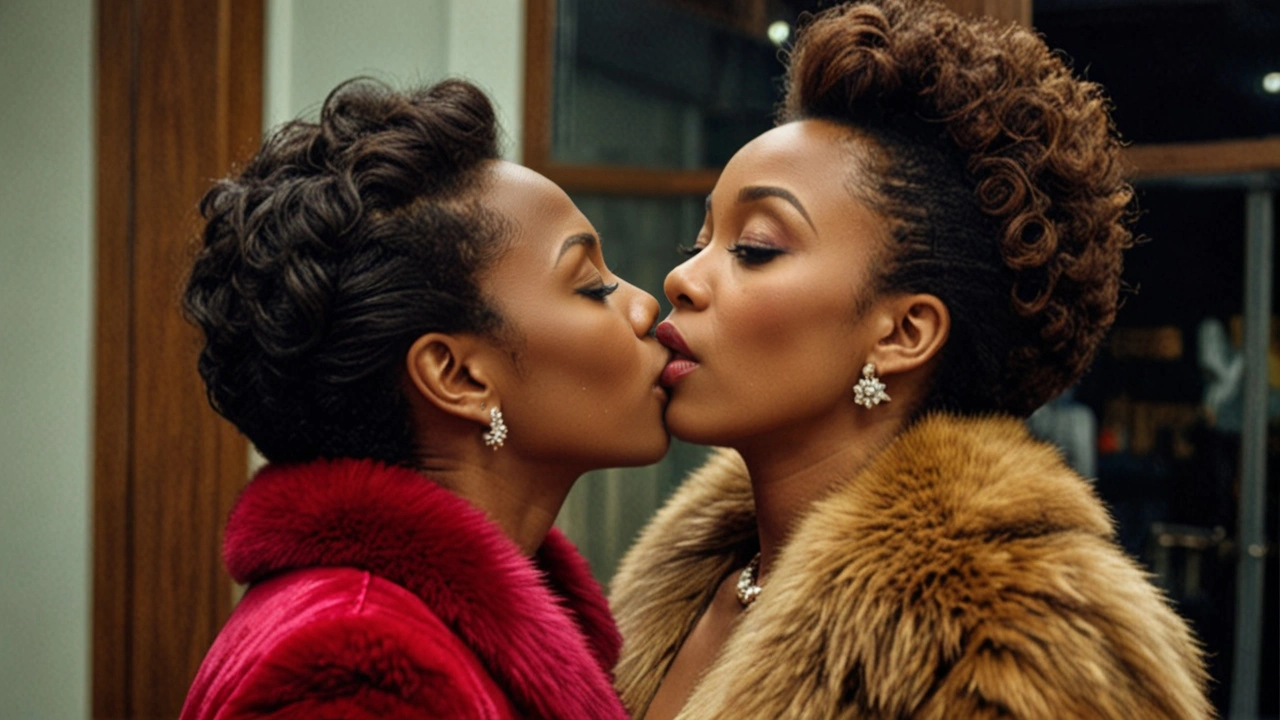Anti‑Gay Laws in Africa: Key Facts and Updates
Across the continent, more governments are passing laws that criminalize same‑sex relationships. These rules range from heavy fines to long prison terms, and in some places they even allow for the death penalty. If you’re wondering why this is happening and what it means for everyday people, read on.
Why These Laws Are Growing
Many leaders say they are protecting cultural values or religious traditions. In reality, the laws often serve political goals: they rally a base, distract from economic problems, and give politicians a way to appear tough on “moral decay.” International pressure, however, rarely stops the trend because the governments balance that against local support.
Another driver is the rise of conservative groups that have strong ties to international religious networks. They lobby lawmakers, fund campaigns, and spread media messages that paint LGBTQ people as a threat. The result is a steady stream of new bills that tighten restrictions.
How Communities Are Responding
Activists on the ground are not standing still. They organize safe meet‑ups, run legal aid clinics, and use social media to share stories that humanize LGBTQ lives. In places where public assembly is risky, they rely on encrypted apps and underground networks to keep the conversation alive.
Regional bodies like the African Union have started to talk about human‑rights standards, but progress is slow. Some courts have ruled against harsh penalties, offering a glimmer of hope. International NGOs also provide funding for protection programs, but they must walk a fine line to avoid being labeled foreign agitators.
For ordinary people, the most practical advice is to know your rights, stay connected to trusted local groups, and keep a low profile when necessary. If you’re traveling, check the latest travel advisories and avoid public displays that could attract unwanted attention.In many countries, the legal landscape changes quickly. A law that seemed fixed last year can be amended or repealed after a protest, a court case, or a shift in political leadership. Staying updated through reliable news sources is essential.
While the fight is far from over, the resilience of LGBTQ communities is evident. From community radio programs that share stories in local languages to online petitions that gather thousands of signatures, each small effort adds up.
If you want to help, consider supporting organizations that provide legal defense, mental‑health services, or safe housing. Even a modest donation can fund a lawyer’s fee or a shelter’s rent for a month.
Bottom line: anti‑gay laws are on the rise, but so is the resistance. Understanding the why and the how gives you a better chance to stay safe, support others, and push for change.

11
Jul
Brenda Biya, daughter of Cameroon's President Paul Biya, has come out as a lesbian and expressed hope that her action will lead to changes in her country's anti-gay laws. She shared her relationship status with Brazilian model Layyons Valença publicly, leading to mixed reactions and discussions about LGBTQ rights in Cameroon.
Read More
